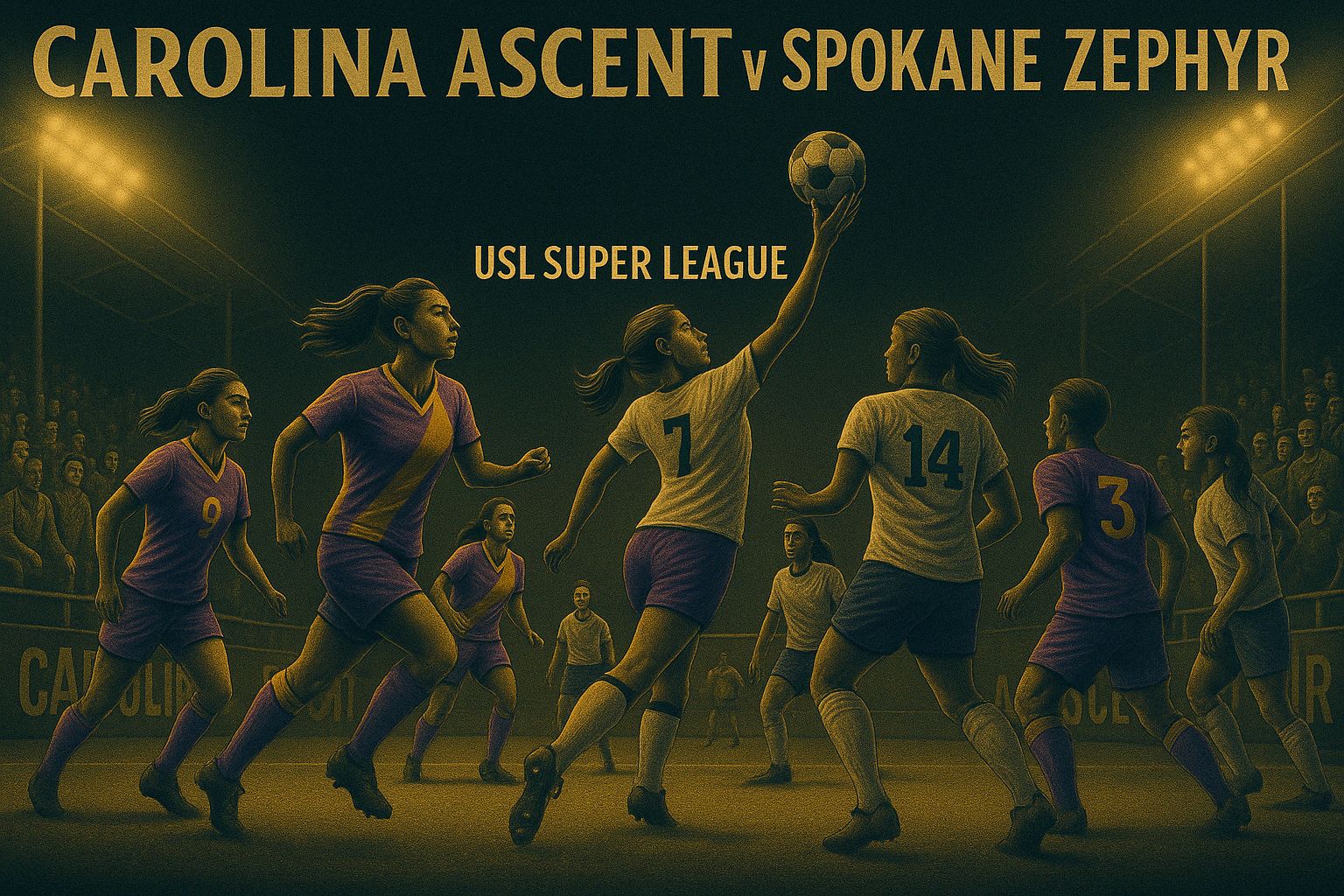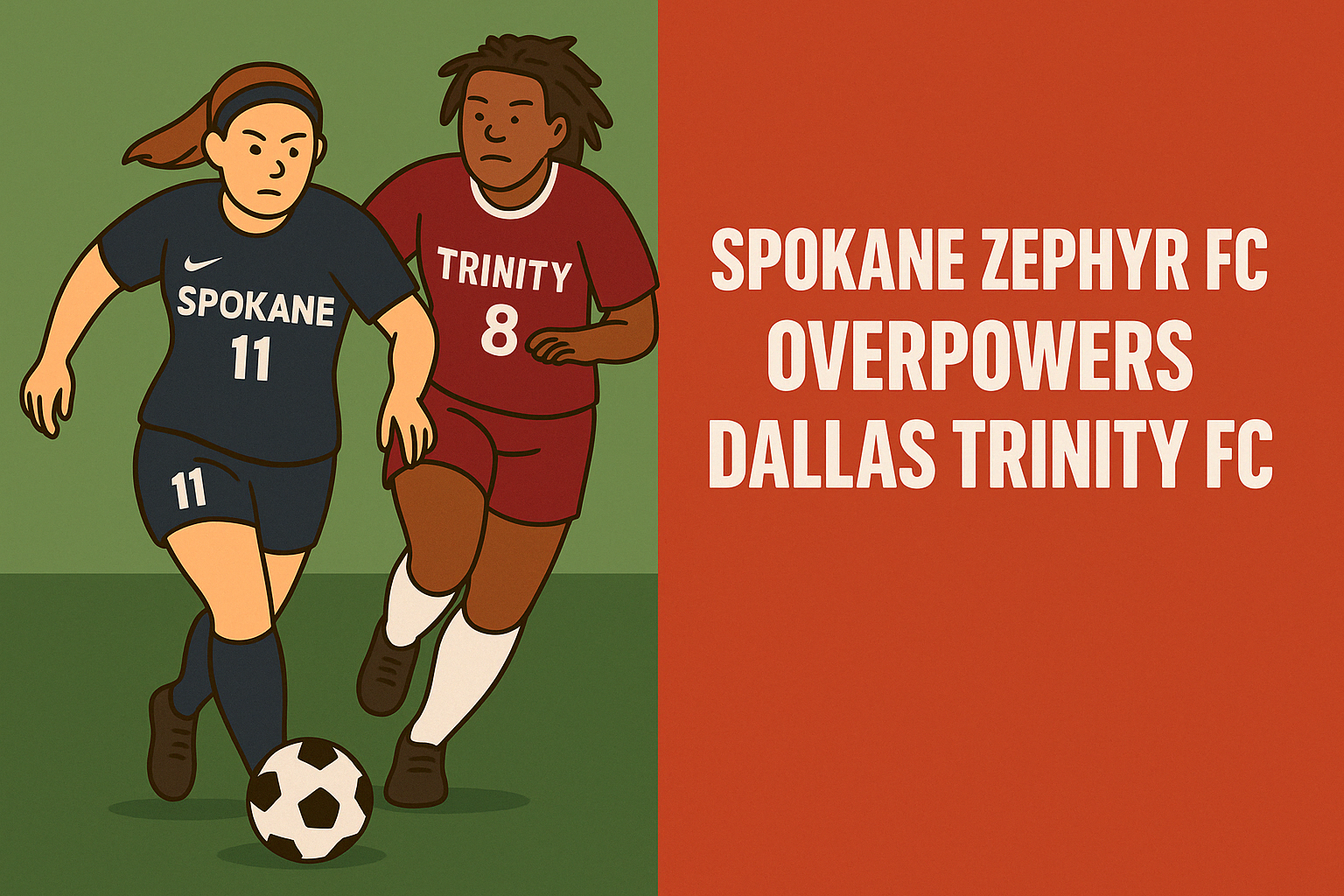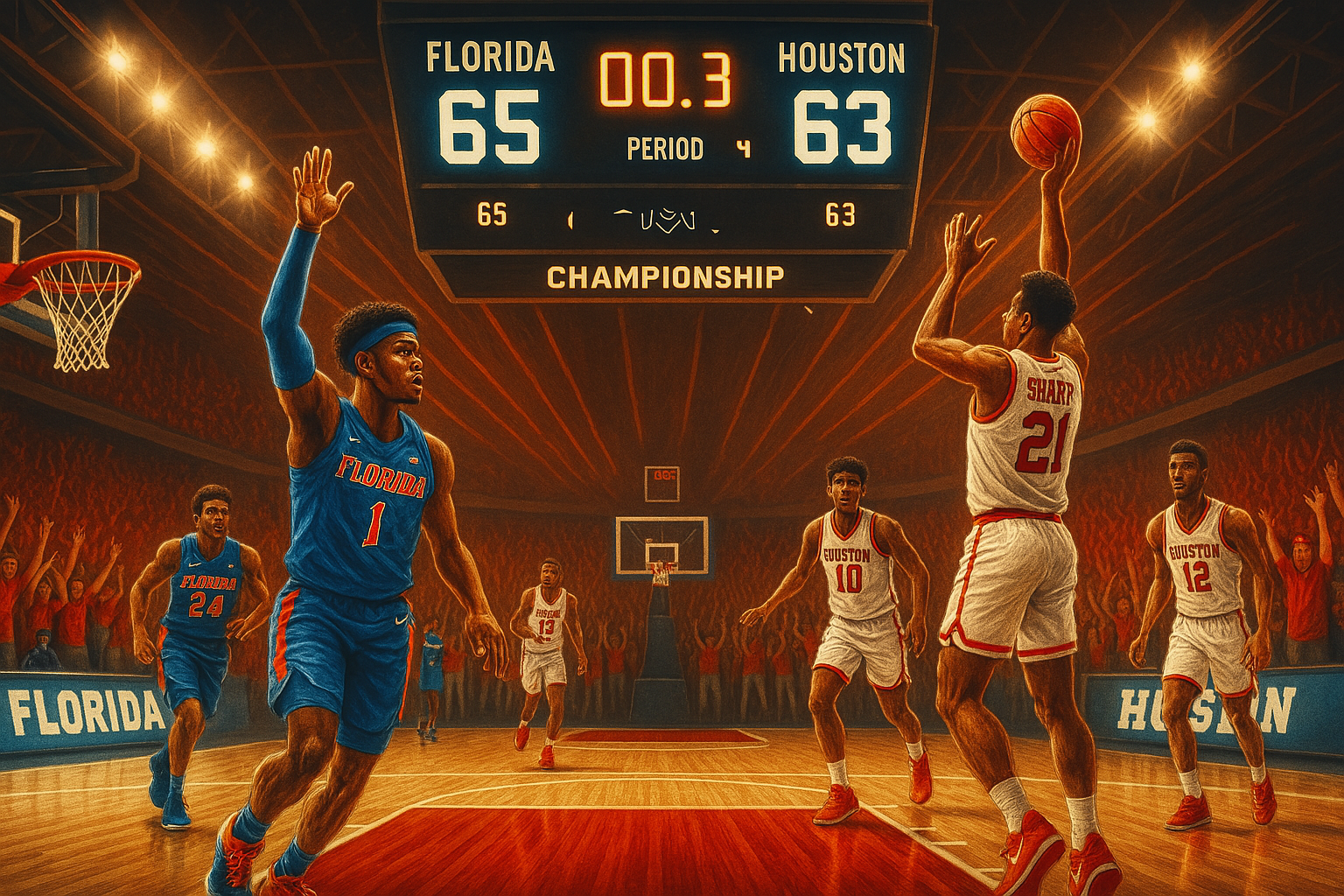Hawai'i to Join Mountain West as Full-Time Member in 2026, Solidifying the Conference’s Future
The University of Hawai'i at Mānoa will officially become the eighth full-time member of the Mountain West Conference on July 1, 2026. This move marks a significant step for both Hawai'i and the Mountain West as the conference seeks to stabilize its membership following the recent departures of five schools to the Pac-12. With this expansion, the Mountain West is set to preserve its status as an NCAA-recognized conference, while Hawai'i gains a permanent home for all of its sports programs.
Hawai'i, which has been a football-only member of the Mountain West since 2012, will now compete in all conference-sponsored sports, including basketball, soccer, volleyball, tennis, track and field, and more. This comes after several months of deliberation as the Mountain West sought to rebuild its membership and secure its future in the ever-changing landscape of collegiate athletics.
Mountain West Meets NCAA Criteria Amid Realignment
Hawai'i’s full-time membership ensures the Mountain West meets the NCAA's requirement of having at least eight full-time members to be officially recognized as a Division I conference. This requirement became crucial when the Mountain West lost several of its top schools—Boise State, Fresno State, Colorado State, San Diego State, and Utah State—to the newly reorganized Pac-12.
For the Mountain West, retaining its NCAA recognition is not just about maintaining status, but also about ensuring the long-term viability of its sports programs. The loss of five programs could have been devastating without the addition of new full-time members. However, the inclusion of Hawai'i as a full-time member brings stability back to the conference and keeps its future intact.
This move also secures the Mountain West’s place in the ongoing realignment across collegiate sports. Conferences across the country have been reshuffling, with schools moving to different conferences to take advantage of better financial opportunities and higher levels of competition. For Hawai'i, joining the Mountain West as a full member ensures that they will continue to compete in a respected conference while avoiding the pitfalls that come with being left out of realignment talks.
Hawai'i’s Impact and Long-Term Vision
For Hawai'i, joining the Mountain West as a full-time member is a transformative decision. The program, which has long been competitive—especially in football—will now compete at a higher level across all of its sports programs. With the move, Hawai'i will gain increased visibility for its athletic programs, and it will be able to rekindle old rivalries with teams in the Mountain West, while forging new ones.
One of the immediate benefits for Hawai'i is the elimination of travel subsidies. Since 2012, Hawai'i has been required to pay travel subsidies for Mountain West teams traveling to play football on the islands. Under this new agreement, those travel subsidies will no longer be required, and the Mountain West will cover Hawai'i’s $750,000 exit fee from the Big West Conference for non-football sports.
Hawai'i Athletics Director Craig Angelos has pointed to the many benefits of this move, including increased competition for Hawai'i’s non-football sports. With full membership, sports like men’s and women’s basketball, volleyball, and tennis will now compete in the Mountain West, which offers a higher level of competition than the Big West Conference, where these sports previously competed. This elevated competition is expected to increase the visibility of Hawai'i athletics on the national stage.
Expanded Opportunities Across All Sports
Hawai'i will now compete in 15 conference-sponsored sports within the Mountain West. For women’s sports, these include basketball, cross country, golf, indoor and outdoor track and field, soccer, softball, swim and dive, tennis, and volleyball. For men’s sports, it includes basketball, baseball, football, golf, and tennis. However, some sports not sponsored by the Mountain West, such as men’s volleyball, beach volleyball, and water polo, will remain affiliated with other conferences.
Beyond meeting the NCAA’s minimum requirement of eight full-time members, the addition of Hawai'i brings a program with a strong national presence and a passionate fan base. As the only Division I school in the state, Hawai'i plays a unique role in collegiate sports, often drawing large crowds and national attention, particularly in football and men’s volleyball. The Mountain West will benefit from this added exposure, especially with Hawai'i’s football program, which has a strong history of success and a loyal following.
Stabilizing the Mountain West Conference
For the Mountain West, Hawai'i’s inclusion is a key part of its strategy to maintain stability in a rapidly shifting collegiate landscape. The conference had already secured commitments from schools such as Air Force, Nevada, New Mexico, UNLV, San Jose State, UTEP, and Wyoming. Hawai'i’s full-time membership ensures the conference meets the NCAA’s criteria for a recognized conference, securing its long-term future.
While Hawai'i’s addition solidifies the Mountain West’s core membership, the conference may continue to explore further expansion. Reports suggest the Mountain West has engaged in discussions with Northern Illinois and Toledo about joining as football-only members, which would further strengthen the conference’s standing.
The Mountain West has made it clear that its goal is not just to survive but to thrive in the new landscape of collegiate sports. By adding Hawai'i as a full-time member, the conference is positioning itself to remain a significant player in the world of Division I athletics.
Looking Ahead to 2026
As Hawai'i prepares to fully integrate into the Mountain West by 2026, the focus will be on building stronger competition across all sports. The transition will bring new opportunities for Hawai'i’s athletes to showcase their talents on a larger stage, while also allowing the Mountain West to benefit from increased visibility and competition.
For Hawai'i, the move is more than just about finding stability—it's about elevating its athletic programs and securing a future where its student-athletes can compete at the highest levels of collegiate sports. For the Mountain West, Hawai'i’s presence will play a critical role in shaping the future of the conference as it looks to maintain its relevance and competitiveness in the evolving world of college athletics.









